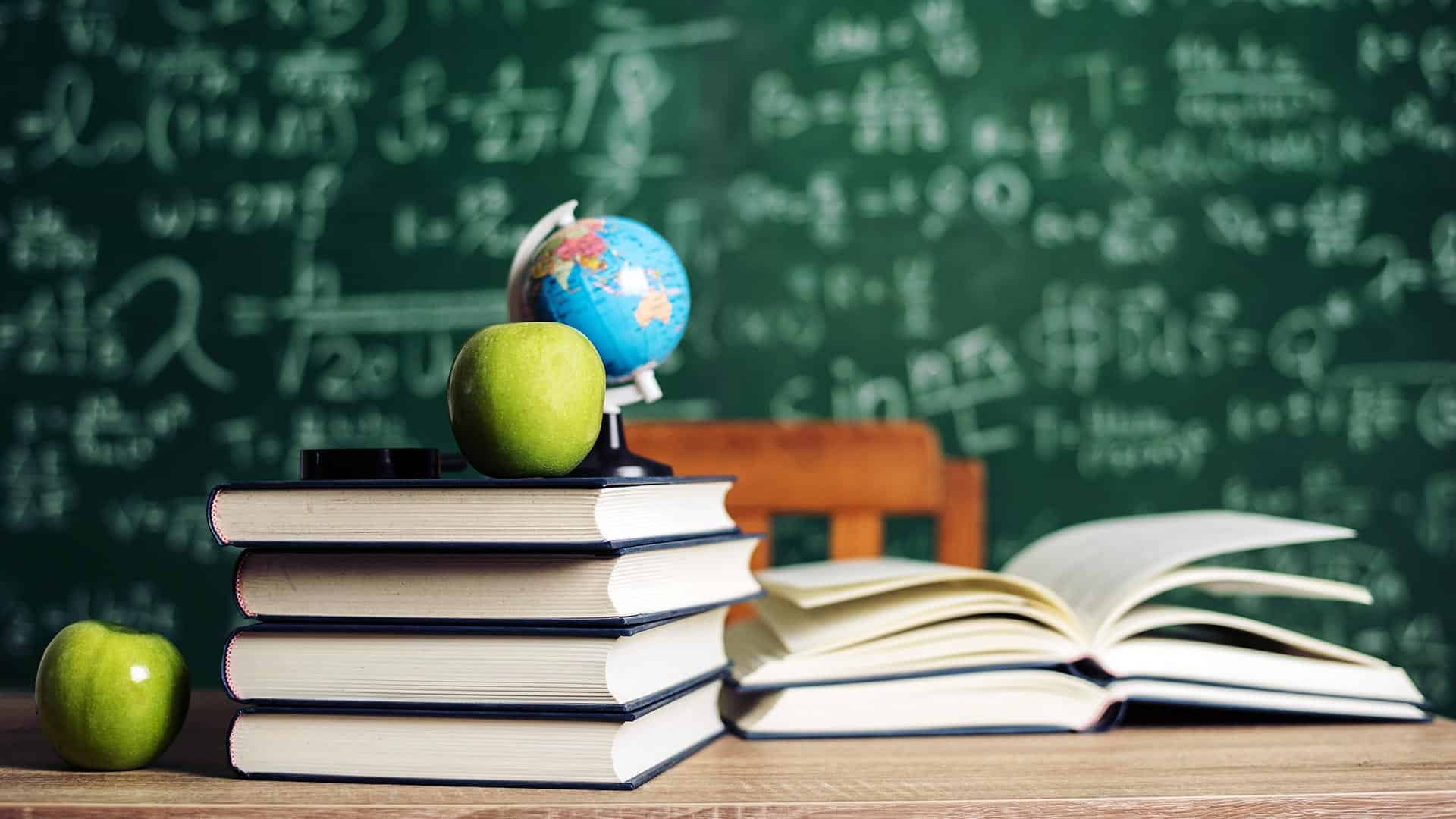Currently, equitable schooling isn’t always furnished on an international scale. Furthermore, the socioeconomic success gap is turning wider aside than ever, leaving many vivid minds undiscovered. This inequity in education is unacceptable because it infringes no longer handiest on character rights but also on society’s morality and progression. I discovered the issue of schooling, particularly private, as public education became how I overcame my adversities; I grew up in a financially insecure immigrant circle of relatives with many family duties. I constantly translated for my dad and mom, and I became expected to pay for my financial costs. However, as soon as I poured my energy into faculty paintings, I discovered that knowledge became the same playing discipline. It did not matter who I turned into but simplest what I knew.
My twelve years of schooling have allowed me to become a pacesetter, serve others, and find my voice. I keep this in mind, understanding I am beyond fortunate to have had public schooling. Without this training, I wouldn’t be a Northwestern pupil. I could be a high faculty dropout, using Uber, or working at a fast-food eating place like my parents, who couldn’t get the privilege to acquire public schooling. Because training is so critical, college students of all backgrounds have to be able to attend college. Specifically, extra cognizance should be on underprivileged faculty districts.
Furthermore, it’s more important to reinstate authority lower back to the teachers and college students. This is to ensure that directors spearhead training policy in place of uninformed government leaders. Using politics no longer has to overshadow what is nice for our students. We can make better regulations by listening to the people our rules most influence.
United States Secretary of Education Betsy DeVos has repeatedly gestured her support for college preference and privatization and her disdain for public faculties, describing them as a “lifeless stop.” According to The Atlantic, educators have criticized Trump management’s price range concept detailing over $nine billion in schooling cuts, including slashes to price range for after-faculty applications commonly serving low-income students. Moreover, those cuts got at the side of expanded funding for school-privatization efforts consisting of faculty vouchers.”

Such cynicism indicates there may be no hope for public training. However, this mindset is demonstrably false or even dangerous. Current dialogue repeatedly ignores public colleges’ victories by trivializing their civic role. Our public-training system is plenty greater than non-public achievement; it’s miles about making ready human beings to paint collectively to boost themselves and the entire society. Unfortunately, the current debate’s consciousness of individual rights and alternatives has distracted many politicians and policymakers from a key stakeholder: our nation as an entire.
The Founding Fathers understood that a healthful democracy required education. Among different historic titans, Thomas Jefferson believed a functioning democracy needed an educated citizenry. Importantly, he regarded training as a public good to be protected in the “Articles of public care,” no matter his personal preference for the private area in most matters. John Adams advised every other proposal of public education, “There need to be no longer a district of 1 mile rectangular, without a school in it, not founded through a charitable individual, however, maintained at the price of the people themselves.”
In the centuries, the courts have consistently affirmed the momentous reputation of public schools as a cornerstone of the American democratic task. In its full-of-life protection of college students’ civil liberties, the Supreme Court has usually held public schools to a specifically excessive trend precisely because they uniquely foster residents. This role isn’t always constrained to civics education; public faculties additionally provide students with important exposure to people of various backgrounds and perspectives. Americans have a closer court with the general college gadget than with every other shared institution. But within the past few years, we’ve allowed school devices to grow extra racially and socioeconomically segregated through the privatization of such institutions.
An esteemed instructional coverage analyst, Diane Ravitch, writes, “One of the finest glories of the public school became its fulfillment in Americanizing immigrants.” Public faculties did even more than that at their quality, integrating each immigrant and American-born student from more than a few backgrounds into one citizenry. As an immigrant who moved to the U.S with no earlier publicity to its language or lifestyle, I can affirm that my public training changed into a chief component that helped me become a part of this society. When our media alternatives, political affiliations, and cultural tastes appear more desperate than ever, abandoning this amalgamating issue is a real hazard to our future. And we seem to be headed in just that direction. The story of American public training has typically been certainly one of continuing progress, as ladies, children of color, and kids with disabilities (amongst others) have redeemed their constitutional proper to push thru the schoolhouse gate.
Particularly, the courage that Ruby Nell Bridges displayed as the first black baby to attend a white school maintains to encourage humans. During racial desegregation in the Nineteen Sixties, this six 12 months-vintage activist became the primary African-American scholar to integrate a white Southern primary faculty, escorted to class by using U.S. Marshals because of violent mobs. Notably, the white school Ruby attended for her persistent Civil Rights action changed into a public college. Out of all the faculty choices she had -charter school, magnet college, personal college, or even homeschool- she chose a public faculty as a battleground to furnish equitable training to all people. This similarly emphasizes that public colleges not only foster teenagers to become accountable residents or forge a commonplace lifestyle from a state of immigrants but also play a good-sized role in lowering inequalities in American society.



